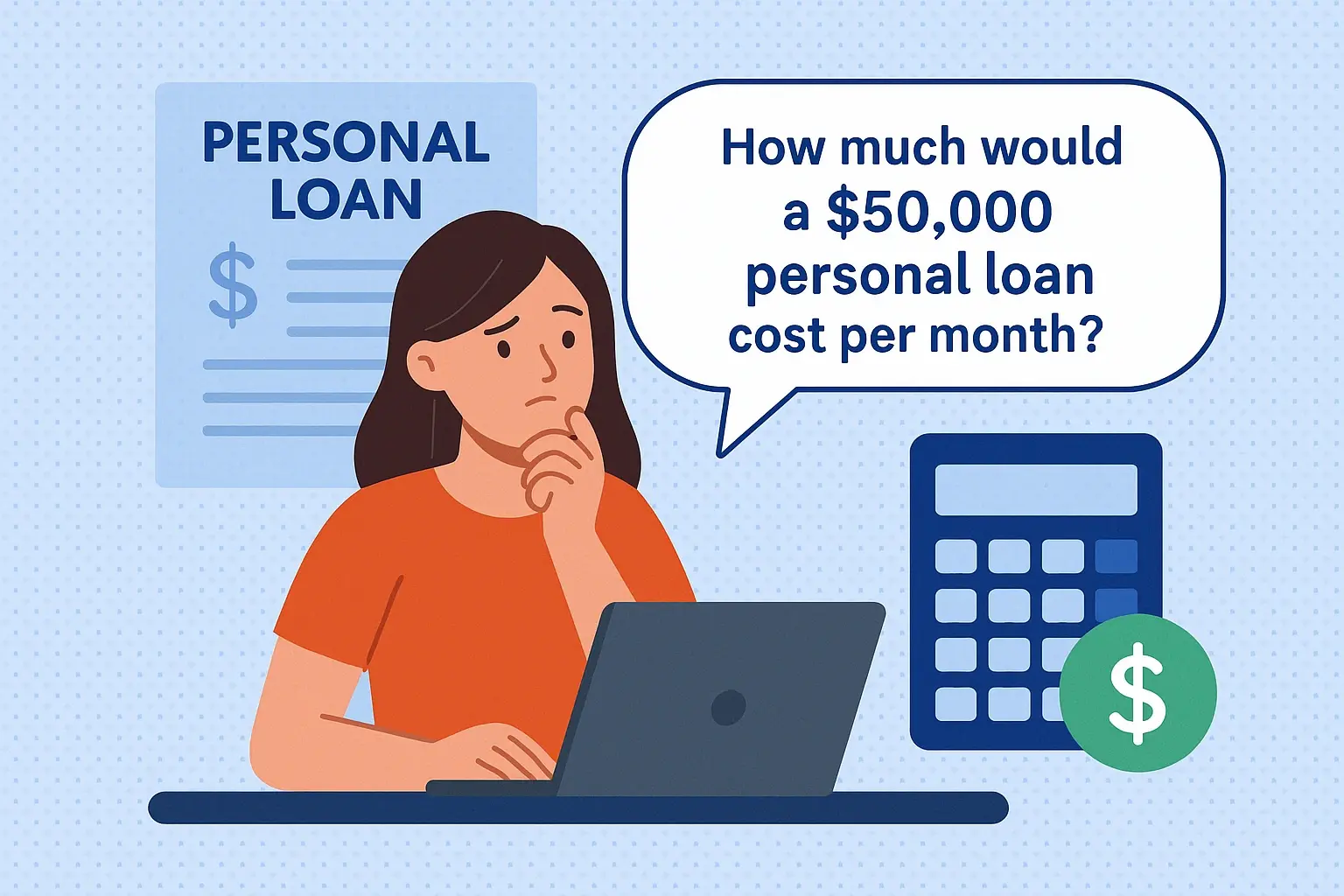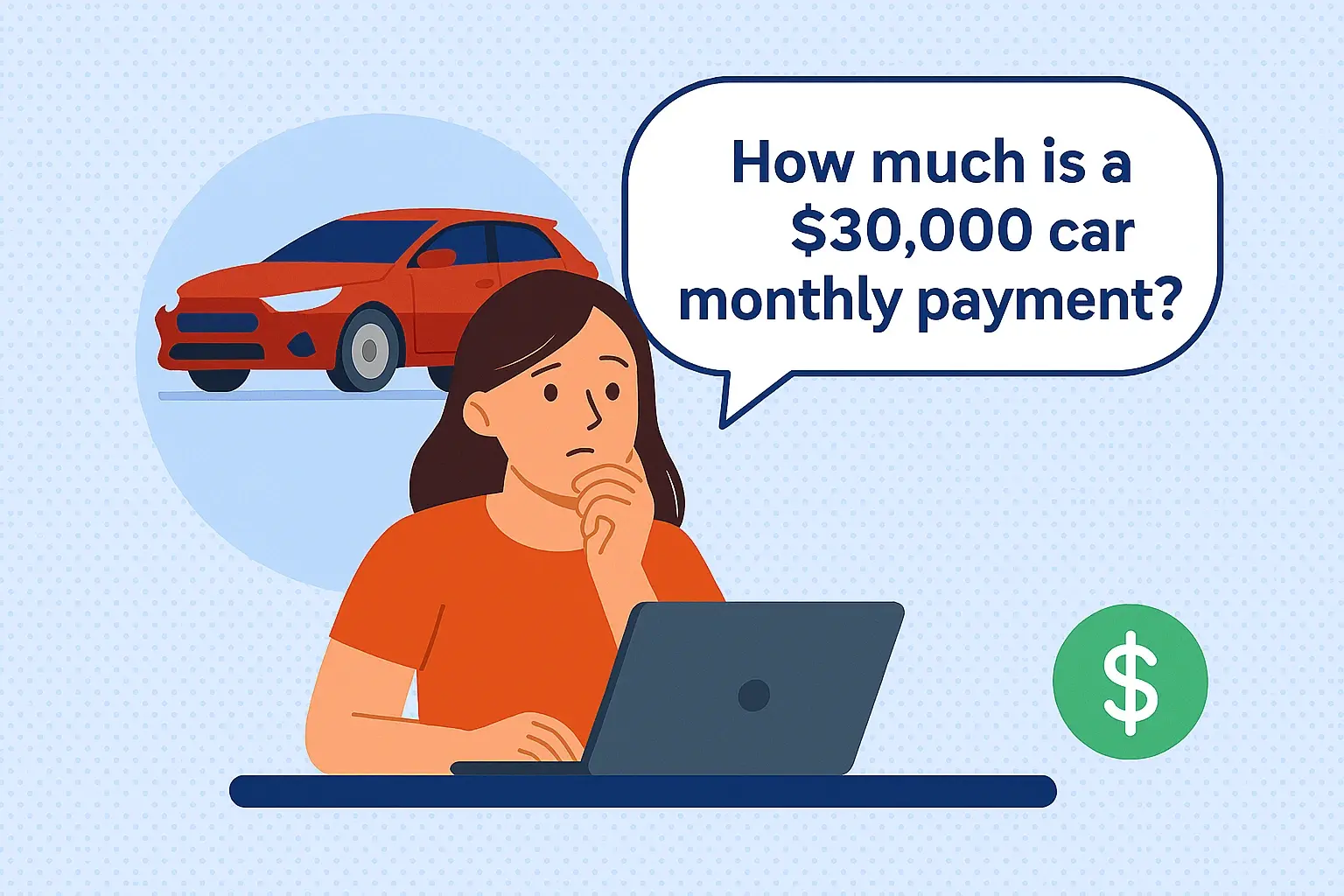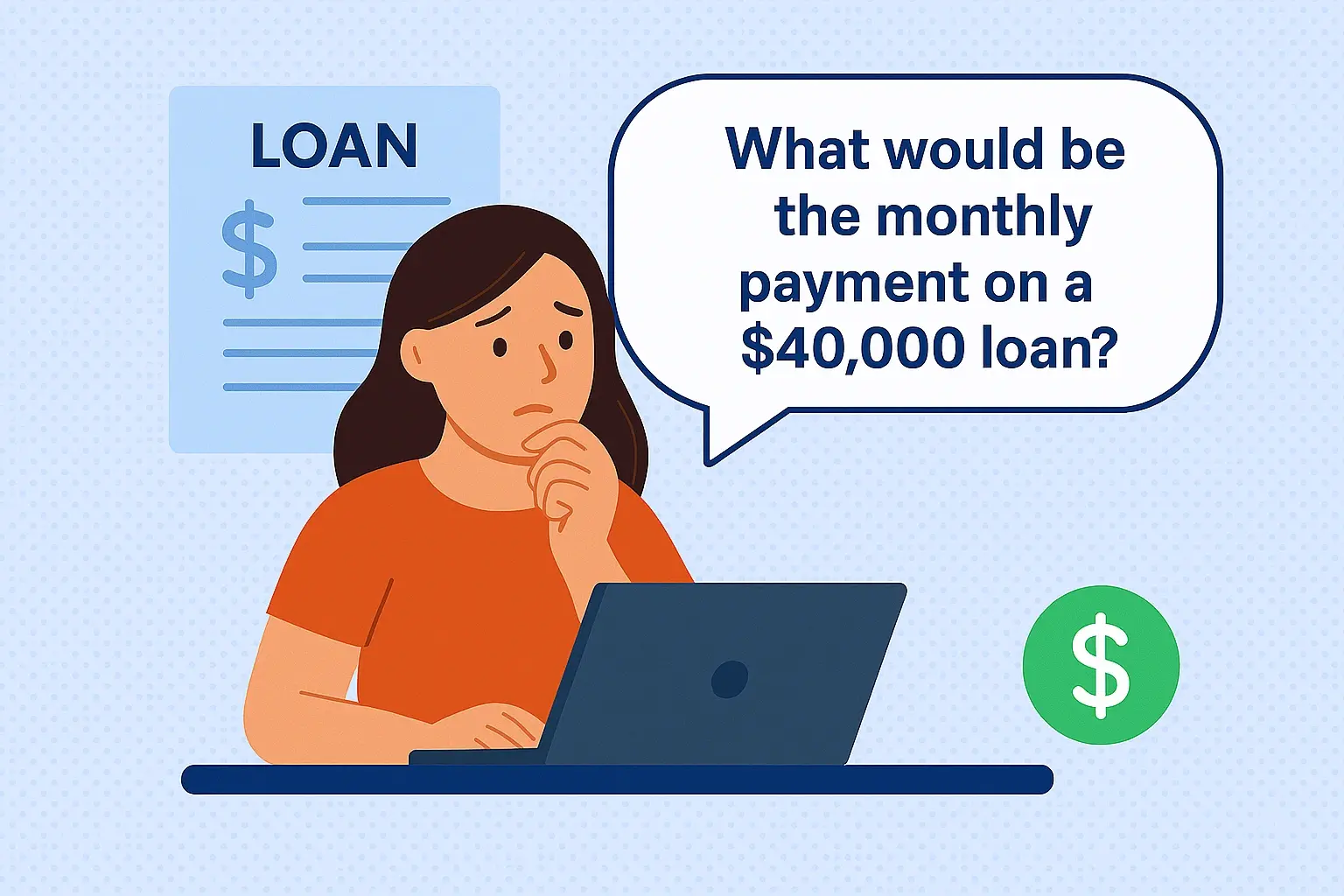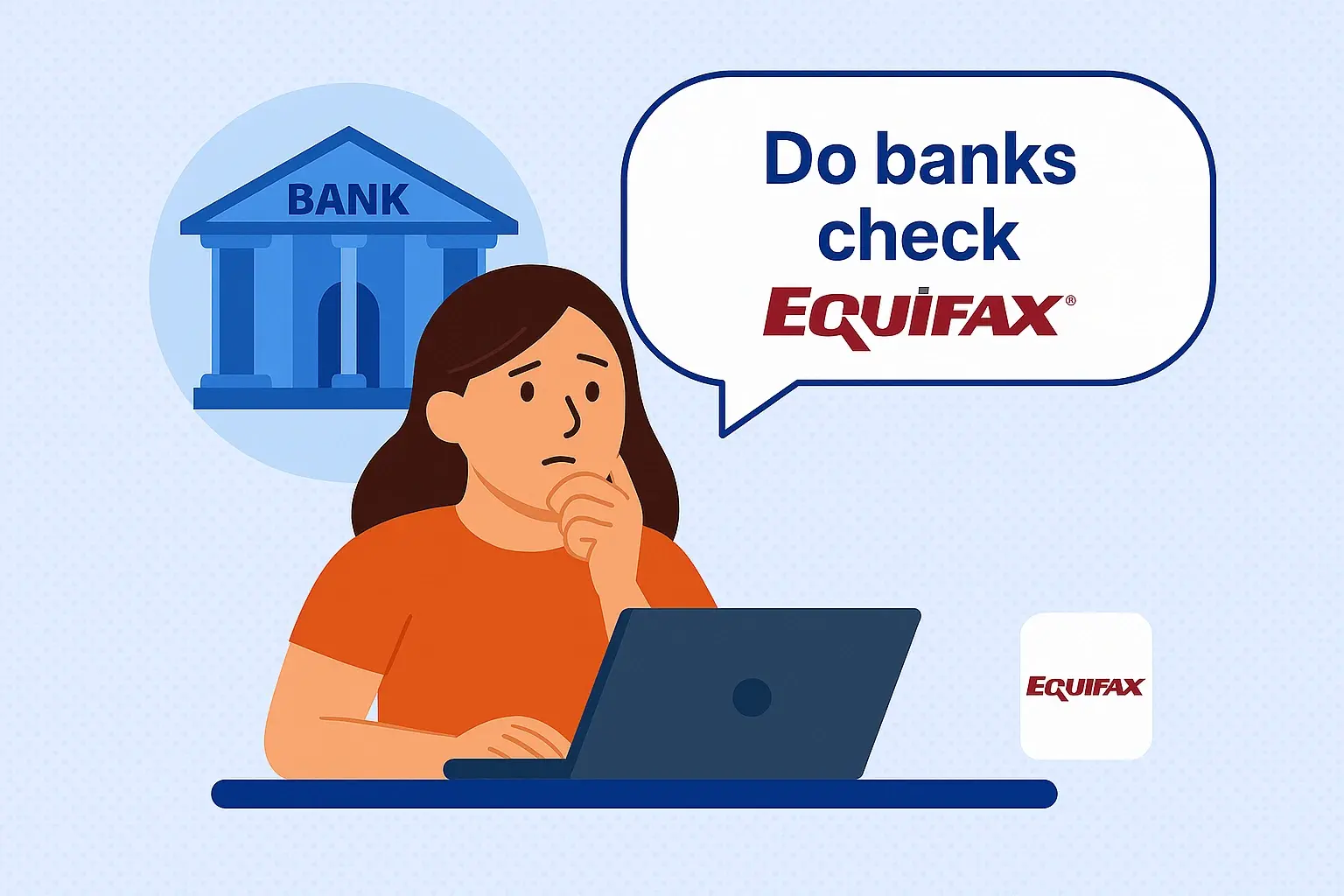-
Posted on: 28 Jun 2024

-
Facing overwhelming debt can be a daunting and stressful experience. Bankruptcy offers a potential pathway to financial relief, providing individuals and businesses with a legal framework to reorganize or liquidate their assets and discharge debts. However, bankruptcy isn't a one-size-fits-all solution. Before considering filing, it's crucial to understand the specific requirements for bankruptcy eligibility. This comprehensive guide will walk you through the key requirements you need to meet to qualify for different types of bankruptcy in the United States, primarily Chapter 7 and Chapter 13.
Understanding the Different Types of Bankruptcy
The two most common types of bankruptcy for individuals are Chapter 7 and Chapter 13. Each offers a different approach to debt relief and has distinct eligibility requirements:
- Chapter 7 Bankruptcy: Often referred to as "liquidation" bankruptcy, Chapter 7 involves selling non-exempt assets to repay creditors. The remaining dischargeable debts are then forgiven. This option is generally best suited for individuals with limited income and assets.
- Chapter 13 Bankruptcy: Known as "reorganization" bankruptcy, Chapter 13 allows debtors to create a repayment plan over a period of three to five years. Debtors keep their assets, but they must make regular payments to creditors according to the court-approved plan. This option is suitable for individuals with a regular income who can afford to repay a portion of their debts.
Key Requirements for Filing Bankruptcy
Several factors determine whether you are eligible to file for bankruptcy. These requirements vary depending on the chapter you choose, but some are common to both.
1. Residency Requirements
To file for bankruptcy in a particular state, you must meet certain residency requirements. Generally, you must have lived in the state where you intend to file for at least 180 days (approximately six months) immediately preceding the filing date. Alternatively, you can file in the state where you have resided for the greater part of the 180 days before filing.
If you've recently moved, determining the correct jurisdiction for filing can be complex. It's essential to consult with a bankruptcy attorney to ensure you meet the residency requirements to avoid dismissal of your case.
2. Credit Counseling Requirement
Federal law mandates that all individuals filing for bankruptcy must complete a credit counseling course from an approved agency within 180 days before filing their petition. This course aims to help debtors explore alternatives to bankruptcy and develop a budget. Upon completion, you will receive a certificate of completion, which must be filed with the bankruptcy court.
The credit counseling course typically covers topics such as:
- Budgeting and financial management
- Debt management strategies
- Alternatives to bankruptcy
- The bankruptcy process
3. Chapter 7 Specific Requirements: The Means Test
The "means test" is a crucial component of Chapter 7 eligibility. It determines whether your income is low enough to qualify for Chapter 7 bankruptcy. The test compares your income to the median income for a household of your size in your state.
a. Income Below the Median
If your average monthly income for the six months prior to filing is below the state median income for a household of your size, you generally qualify for Chapter 7. You still need to meet other requirements, but you’ve passed the first hurdle of the means test.
b. Income Above the Median
If your income exceeds the state median, you're not automatically disqualified from Chapter 7. You'll need to complete the second part of the means test, which involves deducting certain allowed expenses from your income. These expenses can include:
- Housing costs (rent or mortgage payments)
- Utilities
- Childcare expenses
- Medical expenses
- Transportation costs
- Secured debt payments (e.g., car loans, mortgage)
- Priority debt payments (e.g., child support, taxes)
If, after deducting these allowed expenses, you have sufficient disposable income to repay a significant portion of your debts over a five-year period, you may not be eligible for Chapter 7 and might need to consider Chapter 13. The specific threshold varies based on your debts and income, so consulting with a bankruptcy attorney is crucial.
c. Exceptions to the Means Test
Certain individuals are exempt from the means test, regardless of their income. These exceptions generally apply to:
- Disabled veterans
- Active-duty military personnel
4. Chapter 13 Specific Requirements
While Chapter 13 doesn't have a means test in the same way as Chapter 7, it has its own set of requirements, primarily related to income and debt limits.
a. Regular Income Requirement
To file for Chapter 13 bankruptcy, you must have a "regular income." This doesn't necessarily mean a traditional employment paycheck. It can include income from self-employment, pensions, Social Security, or other sources. The key is that the income must be stable and predictable enough to allow you to make the required payments under the repayment plan.
b. Debt Limits
Chapter 13 has limits on the amount of secured and unsecured debt you can have. These limits are adjusted periodically. Exceeding these limits may disqualify you from filing Chapter 13. As of 2024, the debt limits are approximately:
- Secured Debt: Around $1,395,875
- Unsecured Debt: Around $465,275
These figures are subject to change, so it’s important to confirm the current limits with a bankruptcy attorney or the bankruptcy court.
5. Debt Documentation and Disclosures
Regardless of whether you choose Chapter 7 or Chapter 13, you must provide complete and accurate information about your financial affairs to the bankruptcy court. This includes:
- Schedules of Assets and Liabilities: A detailed list of all your assets (e.g., real estate, vehicles, bank accounts, personal property) and liabilities (e.g., credit card debt, loans, medical bills).
- Statement of Financial Affairs: A comprehensive overview of your financial history, including income, expenses, transfers of property, and lawsuits.
- Tax Returns: Copies of your recent federal and state tax returns.
- Pay Stubs: Proof of your current income.
- Bank Statements: Recent bank statements to verify your financial transactions.
- Creditor Information: Complete contact information for all your creditors.
Providing inaccurate or incomplete information can have serious consequences, including the denial of your discharge or even criminal charges. Honesty and transparency are paramount throughout the bankruptcy process.
6. Filing Fees and Court Costs
Filing for bankruptcy involves paying certain fees to the court. These fees vary depending on the chapter you choose. As of 2024, the filing fees are approximately:
- Chapter 7: Around $338
- Chapter 13: Around $313
You may be eligible to pay these fees in installments or, in certain circumstances, request a waiver of the fees if you have very limited income.
7. Mandatory Debtor Education Course
In addition to the pre-filing credit counseling course, you must also complete a debtor education course after filing for bankruptcy. This course focuses on financial management skills and helps you develop a plan for managing your finances after bankruptcy. Like the credit counseling course, the debtor education course must be taken from an approved agency, and you must file a certificate of completion with the court.
Consequences of Non-Compliance
Failing to meet the requirements for bankruptcy can have serious consequences. The most common outcome is the dismissal of your case. This means that the protection of the bankruptcy court is lifted, and your creditors can resume collection efforts, including lawsuits, wage garnishments, and repossession of assets.
In more serious cases, providing false information or concealing assets can lead to criminal charges, including fines and imprisonment.
The Importance of Seeking Legal Advice
The bankruptcy process can be complex and confusing, and the requirements can be difficult to navigate on your own. It's highly recommended that you consult with a qualified bankruptcy attorney to discuss your specific situation and determine the best course of action. An attorney can help you:
- Assess your eligibility for Chapter 7 or Chapter 13 bankruptcy.
- Guide you through the means test.
- Prepare and file all necessary paperwork.
- Represent you in court hearings.
- Negotiate with creditors.
- Ensure that you comply with all bankruptcy laws and regulations.
While the cost of hiring an attorney can be a concern, the benefits of having legal representation often outweigh the expense. A knowledgeable attorney can help you avoid costly mistakes and maximize your chances of a successful bankruptcy discharge.










